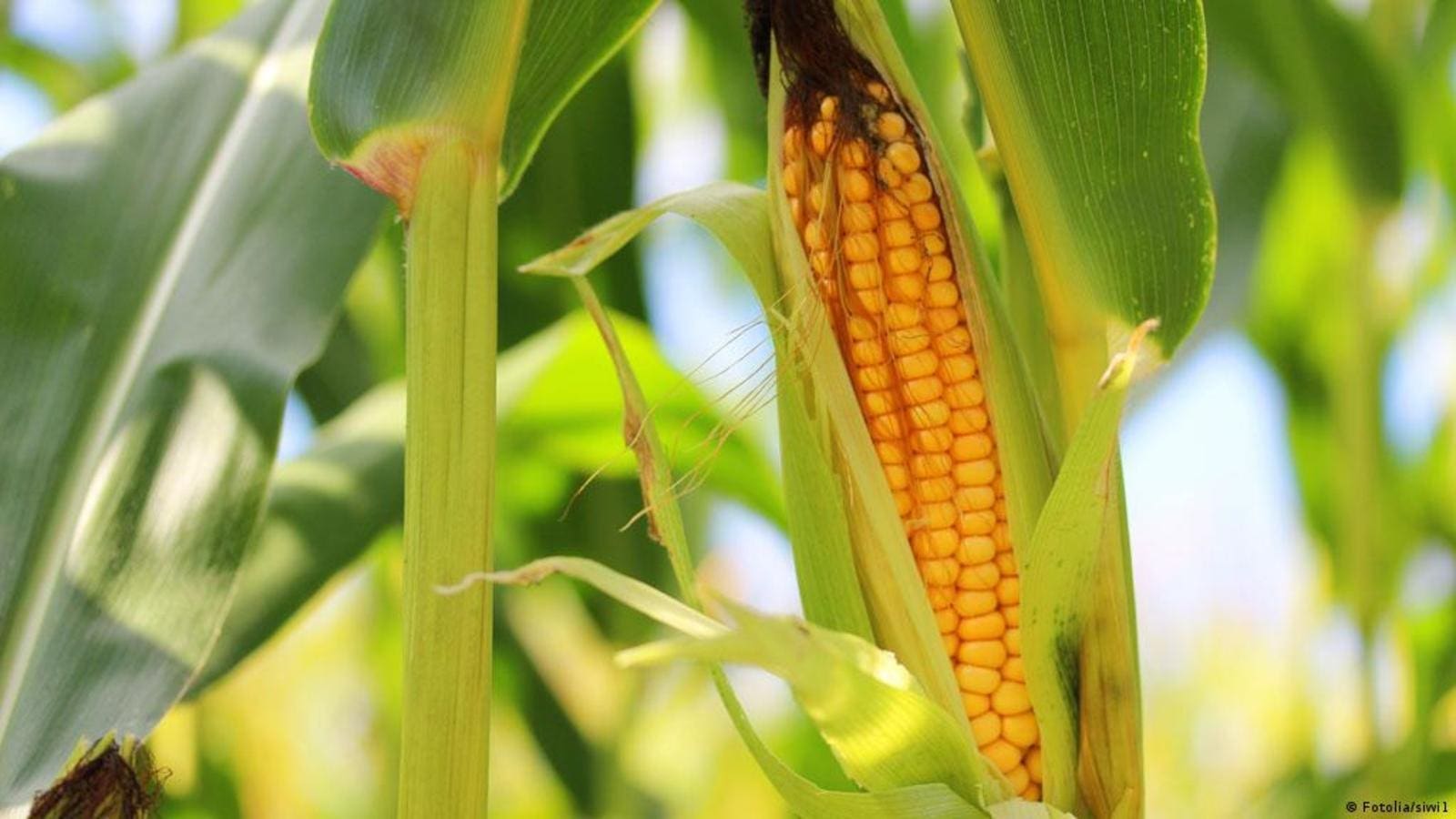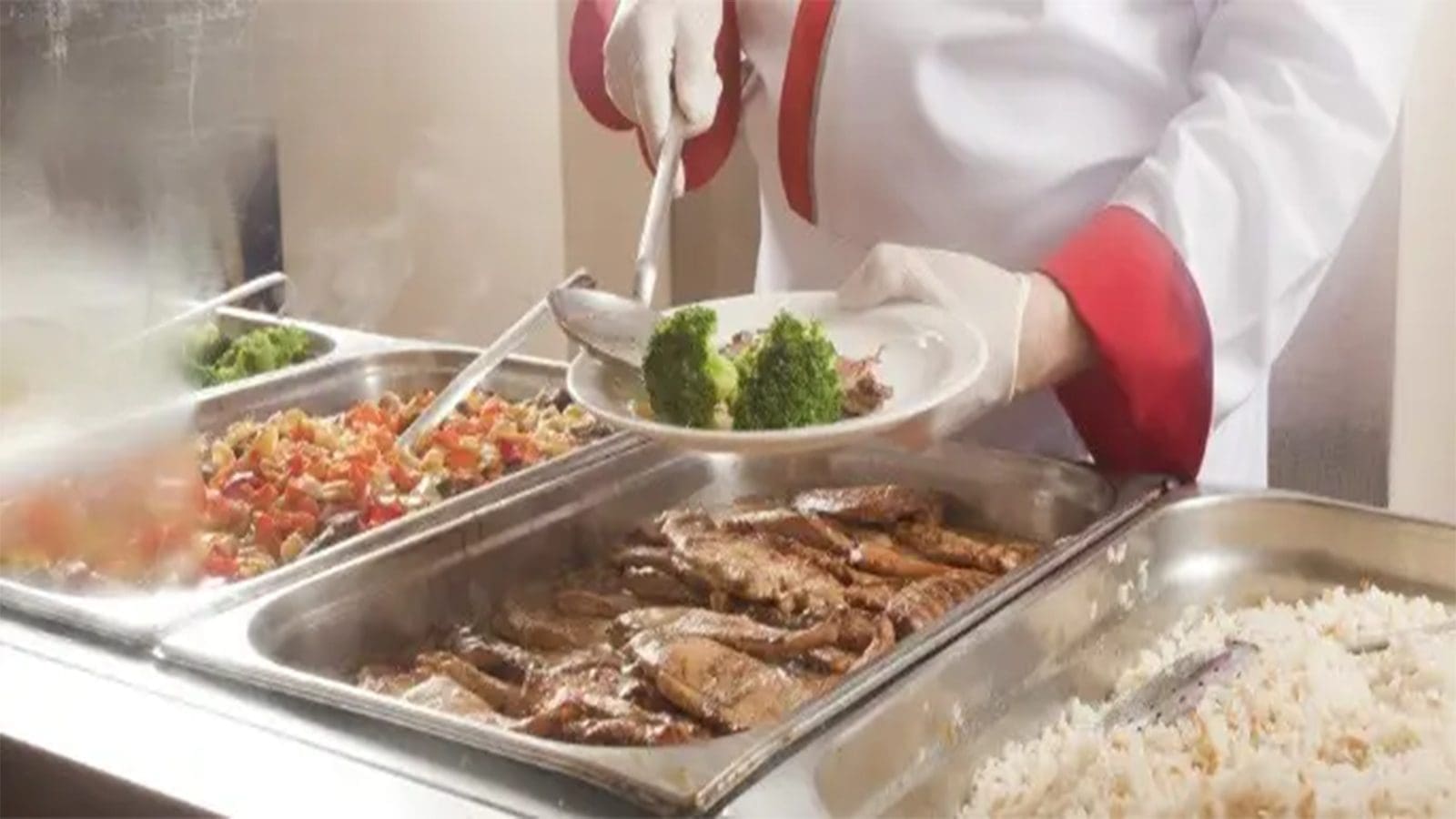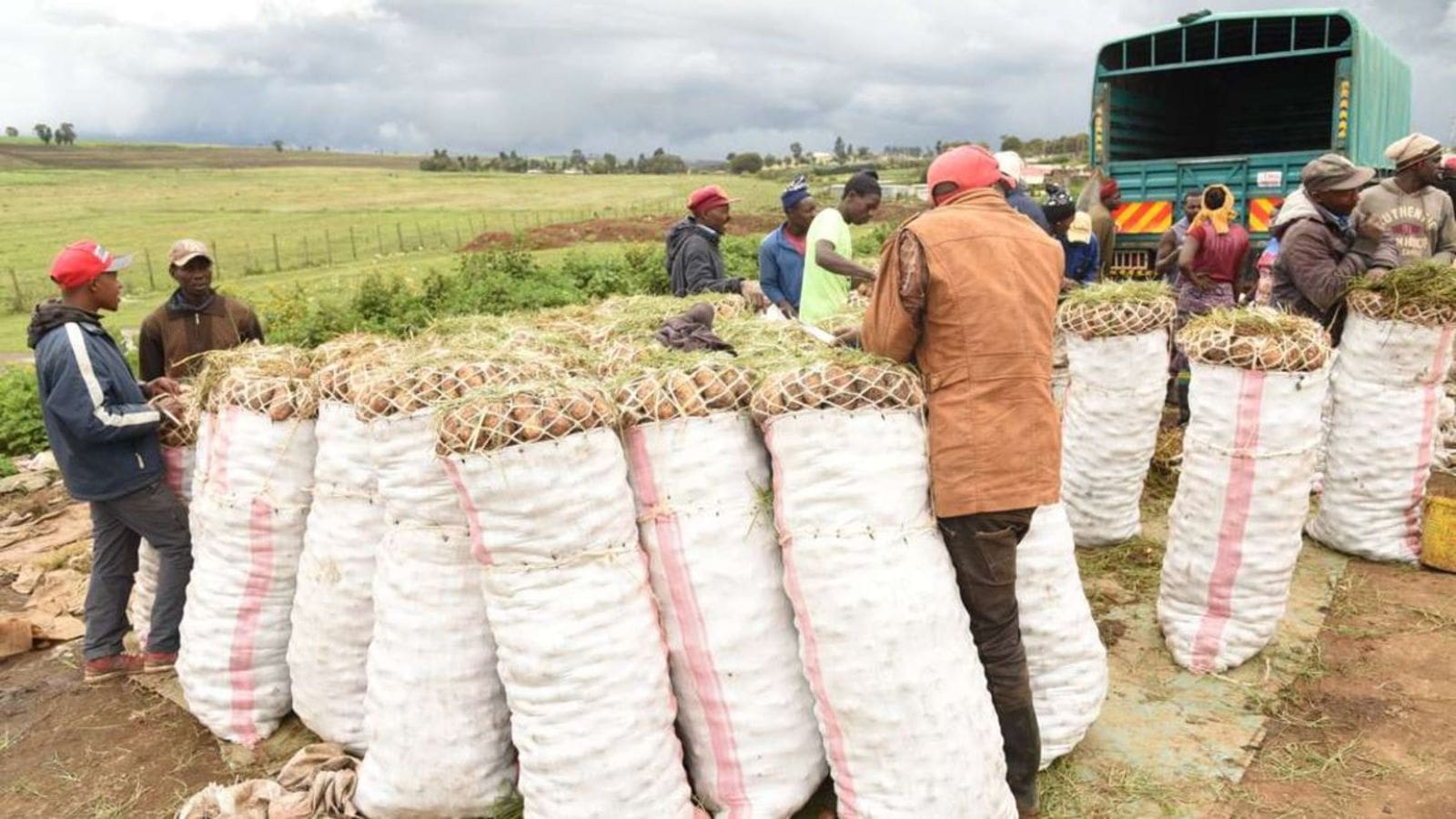CHINA – China has proposed an amendment of regulations governing genetically modified (GM) crops, in a move that is likely to strengthen the nation’s seed industry amid heightened food security concerns.
Ahead of the central economic work conference and rural work conference in the coming month, the Ministry of Agriculture has proposed a series of regulatory changes to boost the competitiveness of China’s seed industry.
Beijing last year called for a breakthrough in biotechnology and seed production amid disruptions to food supply caused by the coronavirus pandemic, as well as anxiety over reliance on imported soybeans, including from geopolitical rival the United States.
The Ministry has detailed planned changes in two draft documents, including easing trial requirements for authorized GM crops, revising safety evaluations for genetically modified organisms used in agriculture, encouraging companies and institutions to build their own research bases, and relaxing geographic restrictions on test areas.
The preparatory work before liberalizing the commercialization of GM has been basically completed. The ministry issued a draft member list for its new committee on GM crop safety, which included Wu Chongming, an Academic at the Chinese Academy of Engineering and high-profile advocate for GM commercialization, ranked at the top.
“The timing and intensity of the policies both beat market expectations. The preparatory work before liberalizing the commercialization of GM has been basically completed,” said Zhou Sha, an Analyst at Hoax Securities.
The changes could mean new GM crops arrive in the market by the end of 2022, said Chen Mangeao, an analyst at Guoliang Securities.
The new regulations, which are out for public comment until December 12, have been released before implementation of a key plan to revitalize the seed industry, which was approved in July by the Central Comprehensively Deepening Reforms Commission (CCDRC), led by Chinese President Xi Jinping.
The CCDRC is a policy formulation and implementation body set up under the Politburo of the Chinese Communist Party in charge of “Comprehensively Deepening Reforms”.
Xi said at the time the government must “advance the national seed industry” and boost self-reliance in seed technology.
After the soybean became a major battlefield of the US-China trade war, and the pandemic ramped up food security concerns, debate about whether Beijing should loosen its grip on GM technology to help domestic grain supply has heated up.
Seeds as the centre of agriculture
Some policymakers have gone so far as to dub seeds as the “chips” of agriculture, a reference to semiconductors that are at the centre of an increasingly heated tech war between the two powers.
Wu Kongming, leader of the new GM crop safety Committee, had previously commented that cultivating new crop and animal varieties using GM technology “is expected to meet China’s rising demand for grain and protein, and fundamentally ensure the country’s grain security.”
“GM technology is the key means to enhance the competitiveness of China’s soybean industry … and can improve the yield and production level of corn in China,” he said.
Wu who is also Vice-President of the Chinese Academy of Agricultural Sciences (CAAS), said approved GM foods on the market were “as safe as traditional food”, but warned “China’s biological seed industry is facing great challenges. Some of the challenges include insufficiency in the originality of key core technologies and the US dominating the control of the core patents of global agricultural biotechnology (70%).
He added that China must advance industrialization and commercialization of GM cultivation, while taking product safety, technological maturity, urgency, social acceptance and international trade into account.
In late 2019, authorities issued for the first time in a decade biosafety certificates for a domestically grown, GM soybean crop and two corn crops. Though only GM cotton and papaya have been used in commercial planting.
Zhang Xin, an analyst at Glocon Agritech Co-Innovation Institute, said it was still too early to ascertain the government’s stance on commercializing GM crops.
“The action plan of seed industry revitalization is a sign, [but] judgement should be made after the full text is available,“ he said.
Liked this article? Subscribe to Food Safety Africa News, our regular email newsletters with the latest news insights from Africa and the World’s food safety, quality and compliance. SUBSCRIBE HERE








